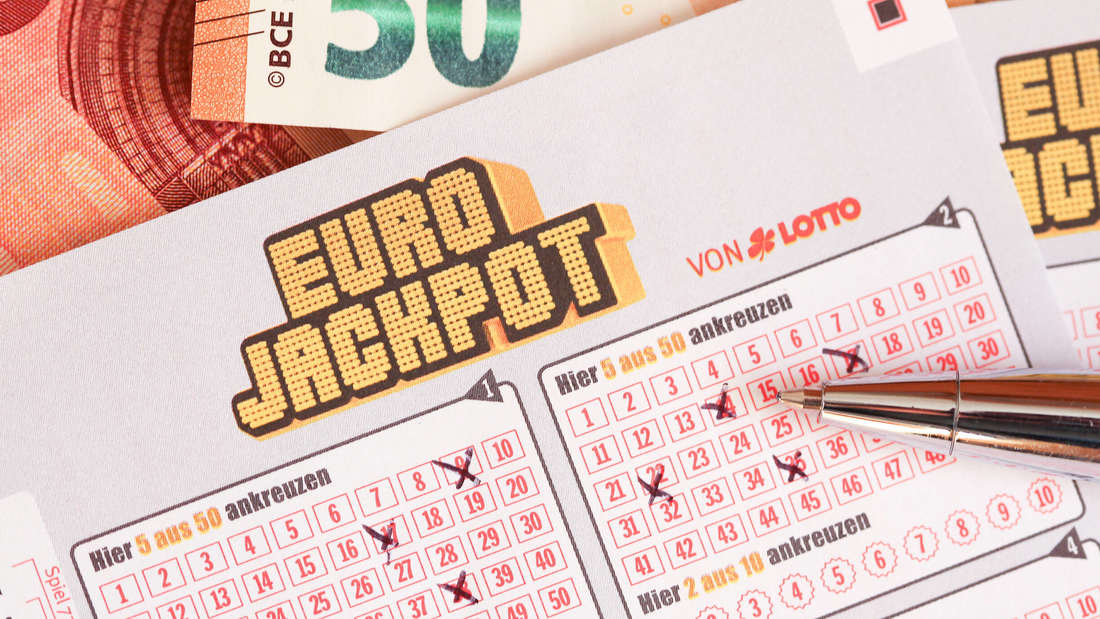Lotteries have long captured the imaginations of people around the world. The promise of instant wealth, the thrill of the draw, and the dream of financial freedom have made bandar togel online terpercaya a popular form of entertainment for millions. Yet, for many, the mechanics behind winning the elusive jackpot remain shrouded in mystery. How does one beat the odds and claim that life-changing prize? In this blog, we delve into the world of lotteries, exploring the factors that influence winning and debunking some common myths along the way.
- Understanding the Odds: Lotteries operate on the principle of probability. Each ticket sold represents a chance – however slim – of winning the grand prize. The odds of winning vary depending on the specific game and its rules. Typically, the more numbers you must match correctly, the lower your chances of winning. For example, the odds of winning the Powerball jackpot in the United States stand at roughly 1 in 292 million. Understanding these odds is crucial for managing expectations and making informed decisions about playing.
- Randomness and Fairness: Lotteries are designed to be fair and random. The outcome of each draw is determined by chance, with numbers drawn using randomization methods to ensure unpredictability. While some may harbor suspicions of foul play or rigged results, lottery operators go to great lengths to maintain transparency and integrity in their processes. Independent auditors often oversee draws to ensure compliance with regulations and standards of fairness.
- The Power of Persistence: One common misconception about lotteries is that buying more tickets increases your chances of winning. While this is technically true – as each ticket represents another entry into the draw – the marginal increase in probability is often negligible. Spending exorbitant amounts on tickets in pursuit of a jackpot is not a sound financial strategy and can lead to significant losses. Instead, many lottery winners attribute their success to persistence and consistency, buying tickets regularly over time rather than splurging all at once.
- Luck vs. Strategy: The age-old question of whether winning the lottery is more about luck or strategy continues to divide opinions. While luck undoubtedly plays a significant role – after all, someone has to win – there are certain strategies that players can employ to maximize their chances within the constraints of probability. Some opt for “quick pick” options, allowing the lottery terminal to randomly generate their numbers, while others meticulously analyze past results and trends to inform their selections. Ultimately, though, the randomness of lottery draws means that no strategy can guarantee success.
- Responsible Play: As enticing as the allure of winning a lottery jackpot may be, it’s essential to approach playing responsibly. Lotteries are a form of entertainment and should be treated as such, with players setting aside only discretionary funds for ticket purchases. Gambling responsibly means understanding the risks involved and not allowing the pursuit of winnings to negatively impact one’s financial well-being or relationships.
In conclusion, winning prizes in lotteries remains as much a mystery as ever, with luck, probability, and persistence all playing their part. While there’s no foolproof formula for securing a jackpot, understanding the odds, playing responsibly, and managing expectations can enhance the experience for lottery enthusiasts.
